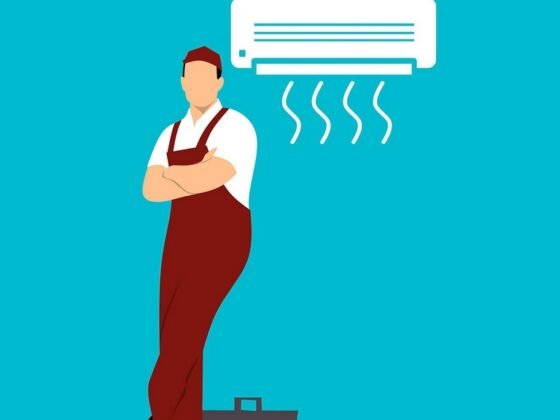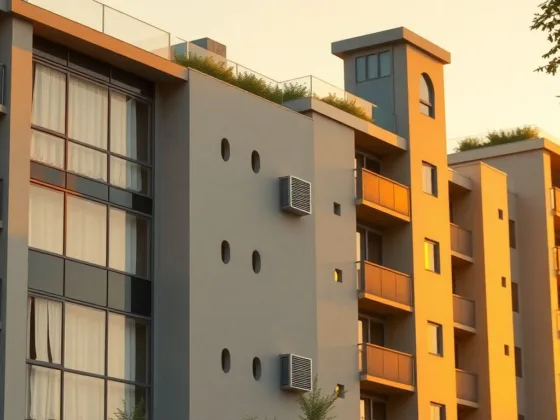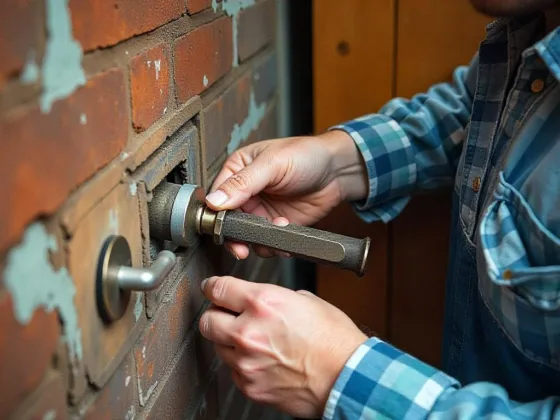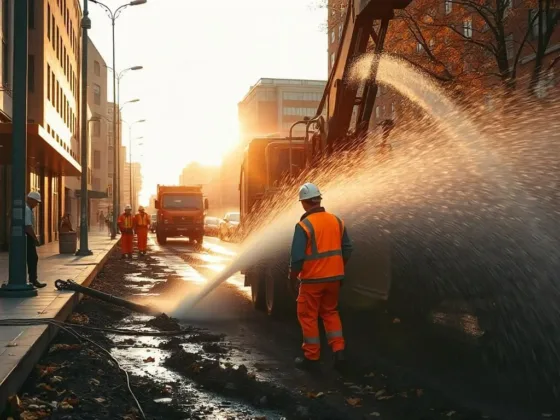Table of Contents Show
During the winter months, most homeowners work hard to keep the inside of their residences warm.
Getting familiar with how the heating system works in your home is important to help prevent problems and costly repairs. If you have a boiler system, it’s even more important to educate yourself about how these complex water heaters work.

In short, a boiler system heats water with the help of special radiators. The steam and heat produced by these systems are then pushed into the vent system.
While these heating systems are extremely efficient, they do break down over time. Read below to find out more about common boiler problems and what can be done to address them.
The Lack of Hot Water
One of the main things a boiler system needs to produce heat is hot water. If the water entering your boiler remains cold, you will struggle to heat the inside of your home as well.
As soon as you notice that this problem is occurring, you need to contact boiler services in Grand Rapids, MI for assistance.
The first thing a boiler technician will check is the motorized valves in your system. If these valves are not functioning correctly, it will be impossible for your boiler to heat water.
A faulty thermostat can also cause water heating issues, as can low pressure in the boiler system. A technician will use a pressure gauge to gather more information about how well your boiler system is functioning.
A faulty diaphragm can also prohibit your boiler from heating. Getting a defective part replaced will be much easier when working with seasoned professionals.
Read Also:
Dealing With Boiler System Leaks
Around nine million homes in the United States have boiler systems. Over the past few years, the popularity of these heating systems has risen.
One of the main things you need to check for when trying to assess how well your boiler system is working is leaks. Boiler system leaks are usually caused by a damaged internal component. Things like pump seals and pressure valves are notorious for leaking.
If the leak is caused by a pressure valve, chances are the pressure in your boiler system is far too high.
Until this underlying problem is fixed, you will have to continuously replace damaged valves. If the leak is coming from around a corroded pipe, then you will have to replace it quickly.
In some cases, the problems causing these leaks will be so severe that you will need to get a new boiler. By consulting with an experienced technician, you can get some guidance on how to adequately fix the leaks in your existing system.
Tracking Down the Source of Boiler Noises
The typical residential boiler system is relatively quiet during operation. In most cases, loud noises are an indication that serious problems are present within your boiler system.
When noticing these problems, you need to take action immediately. Ignoring these noises can lead to your boiler system completely breaking down.
While it is normal for your boiler to make a bit of noise when it first comes on, a persistent level of noise is an indication of a problem.
Problems involving faulty pumps, the air in the system, and limescale build-up can lead to loud noises developing.
The first thing a technician will do when trying to fix these noises is to bleed your boiler system. They will also make sure that none of the pipes attached to this system are frozen over.
Problems With the Pilot Light
A functional pilot light is one of the main things your boiler system needs to produce heat. If you notice that your pilot light keeps going out, you need to dig a bit deeper to figure out why. A faulty thermo-coupling is one of the main causes of an unreliable pilot light.
Having this part replaced by professionals is the best way to avoid further problems. Before hiring a professional to perform this repair, you need to do some research to make sure they have plenty of previous experience.
If you are currently dealing with one of the problems mentioned in this article, it is time to take action. Hire a professional to take a look and help you repair your boiler system right away.









